
An Epic Failure and a Major Problem for NATO
The catastrophic export control failures of both the Netherlands and E.U. mean this challenge must now be addressed by other approaches available to NATO nations.

The catastrophic export control failures of both the Netherlands and E.U. mean this challenge must now be addressed by other approaches available to NATO nations.
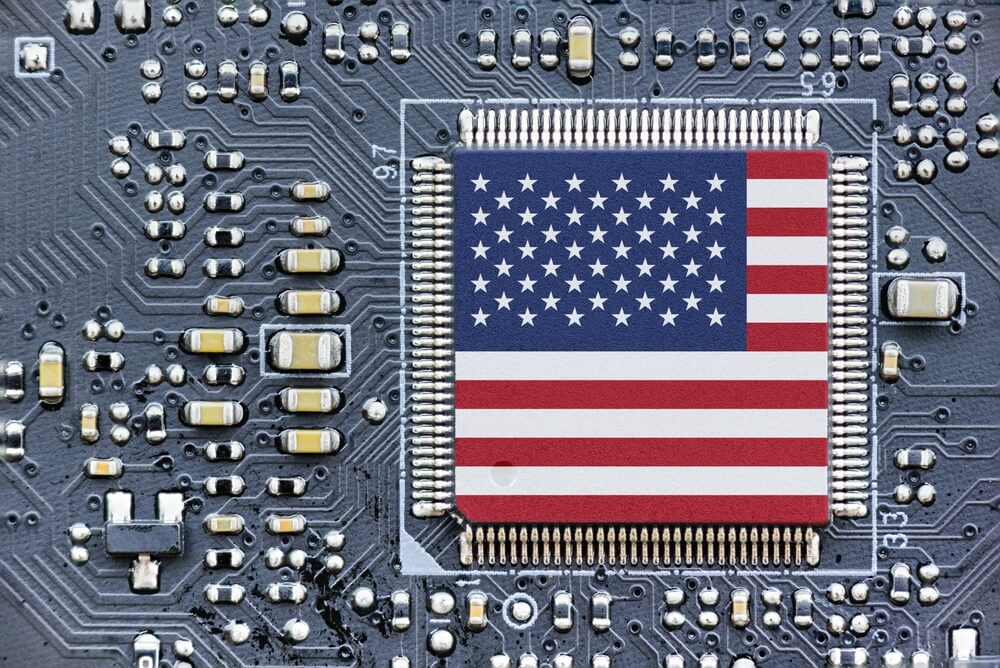
The challenge is ensuring commercial electronics can be scaled, surged and, most importantly, trusted as one element within a national strategy.

AFRICOM is uniquely positioned to forge and strengthen the partnerships essential for building long-term stability and prosperity.

Warfighters may be unknowingly revealing sensitive patterns of strategic thought through their interactions with commercial AI systems.
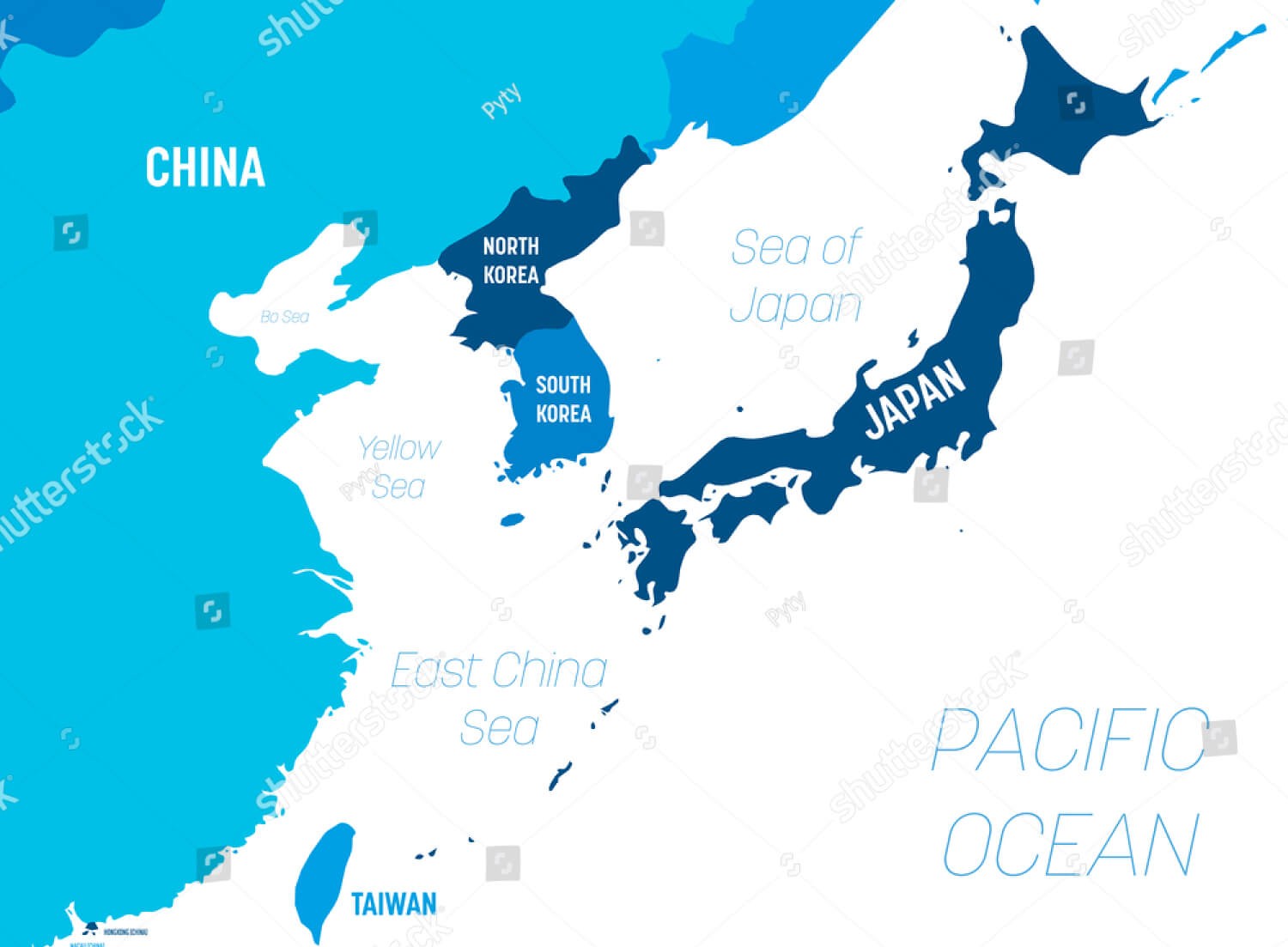
Seoul is planning to deploy four electronic warfare aircraft by 2034. Such a decision is a landmark that indicates a doctrinal shift.
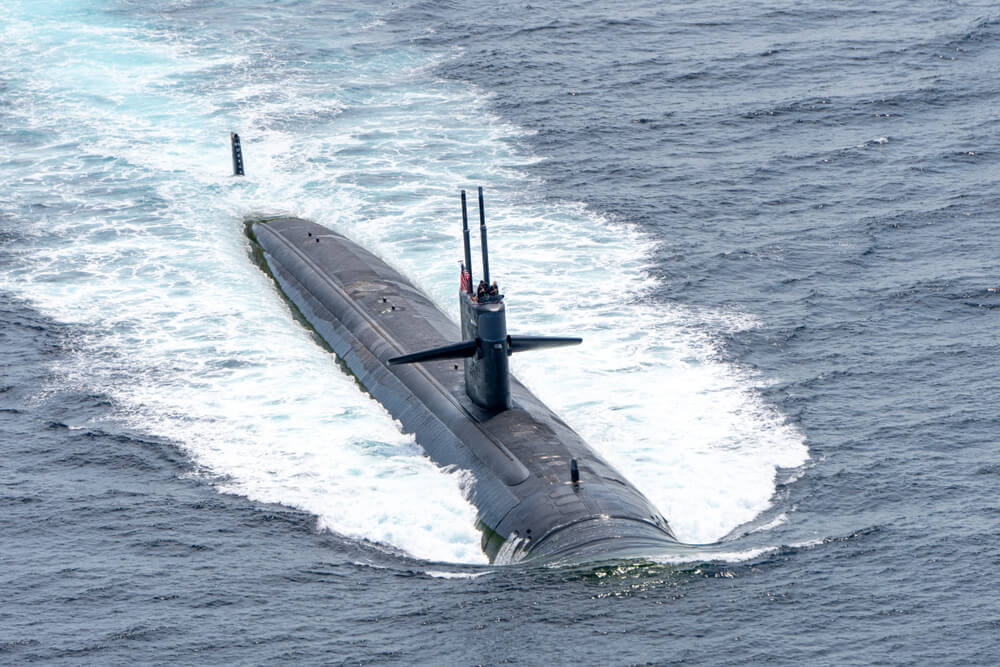
The U.S. Navy should pursue the concept of teaming manned units — like attack submarines — with unmanned units as the best method to maximize combat potential.
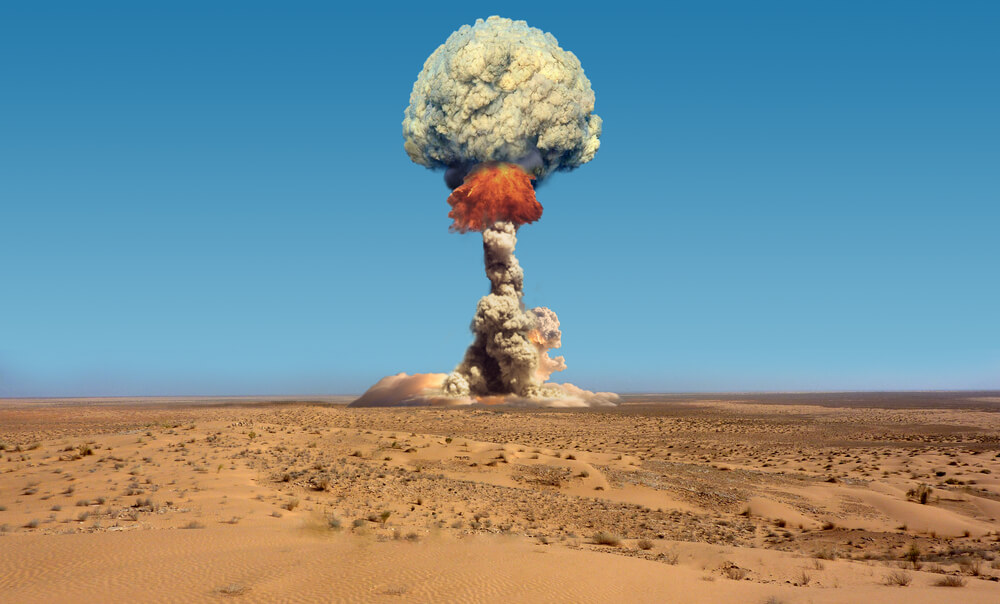
Restarting explosive nuclear weapons testing, or even for political reasons conducting tests that don’t generate a nuclear yield, is unnecessary and counterproductive.

America is pursuing a route that will shackle its biotech industry to the socialist policies of Europe, the UK and Canada. At the same time, our biggest geopolitical adversary is steadily ramping theirs up.
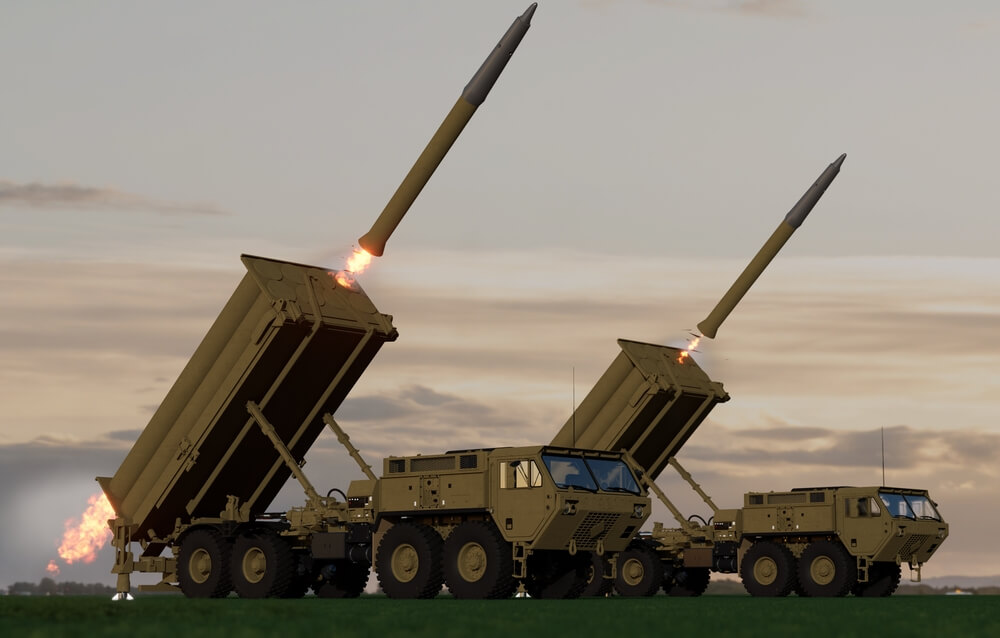
Modern air defense systems have become important instruments, shaping contemporary politics.

Defense electronics are the endgame, and scaling up mineral capacity without doing the same for electronics will lead to failure.
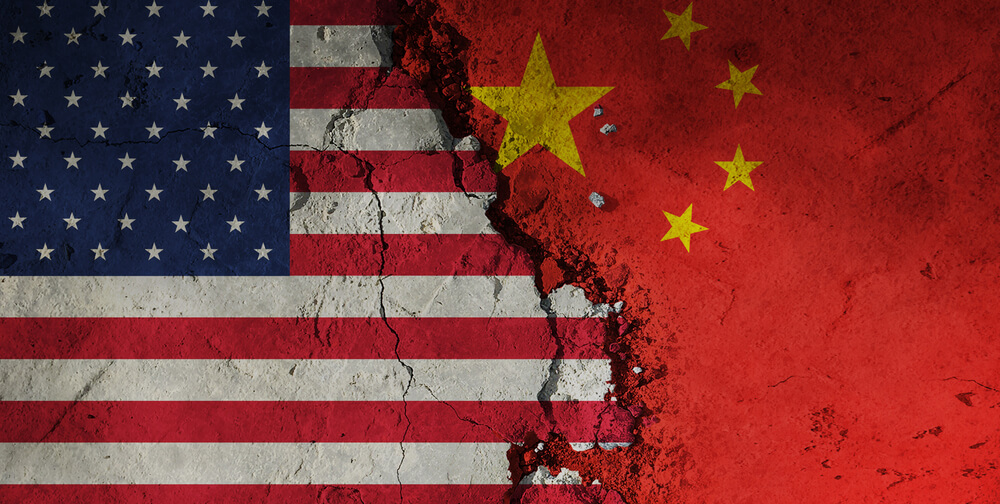
The essential question is, will China take a decisive lead over the U.S. in commanding the spectrum in future warfare?
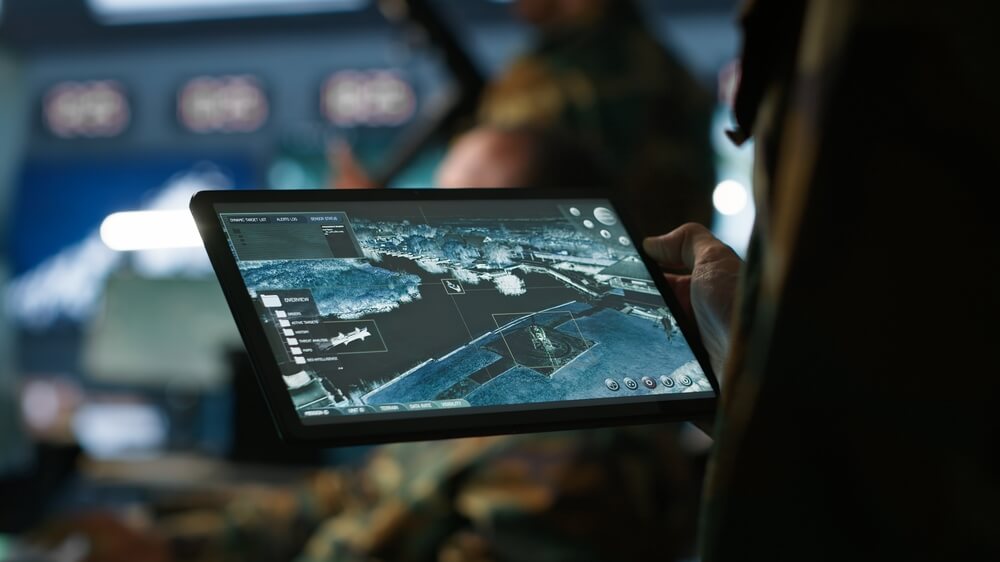
Tablets used by the military are assembled with parts that trace back to companies under China’s control, with some flagged by Congress for ties to the Chinese military.
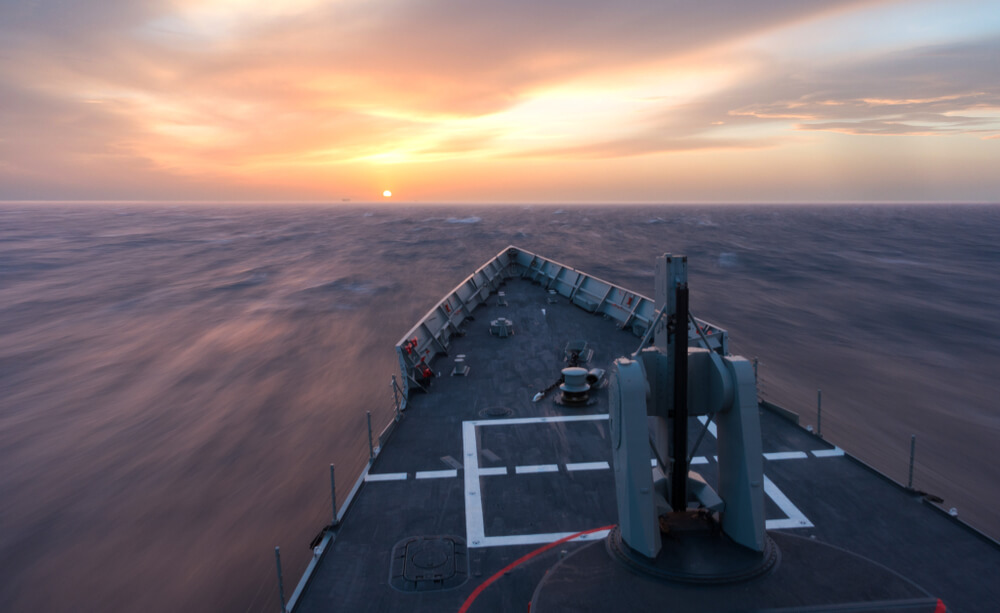
Russia and China encourage the kind of dangerous behavior at sea not seen since the Cold War.

Microelectronics manufacturing has been offshored over the past 25 years, which threatens our ability to produce microelectronics at scale.
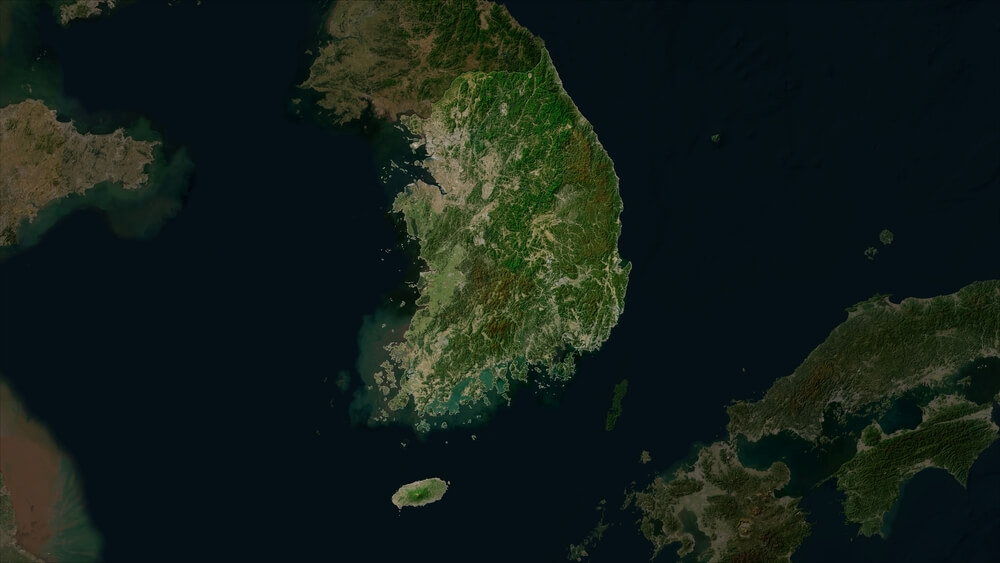
A transfer could slow decision-making and complicate alliance coordination during the unprecedented chaos of a dual contingency.

The lack of U.S. manufacturing for flat panel displays and reliance on Chinese sources present significant, potentially catastrophic risks to the U.S. military, economy and infrastructure.
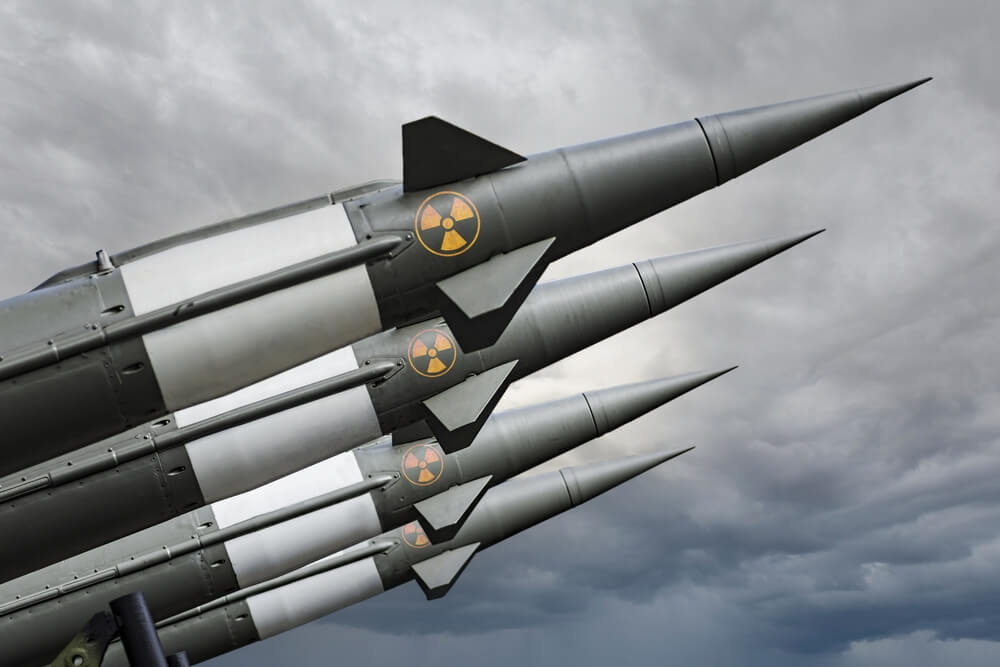
The nuclear age has seen many arguments put forward in favor of abolishing nuclear weapons. So far, none has prevailed over nuclear deterrence.

Third-party litigation funding and disinformation issues collided during recent discussions concerning President Trump’s “One Big Beautiful Bill.”
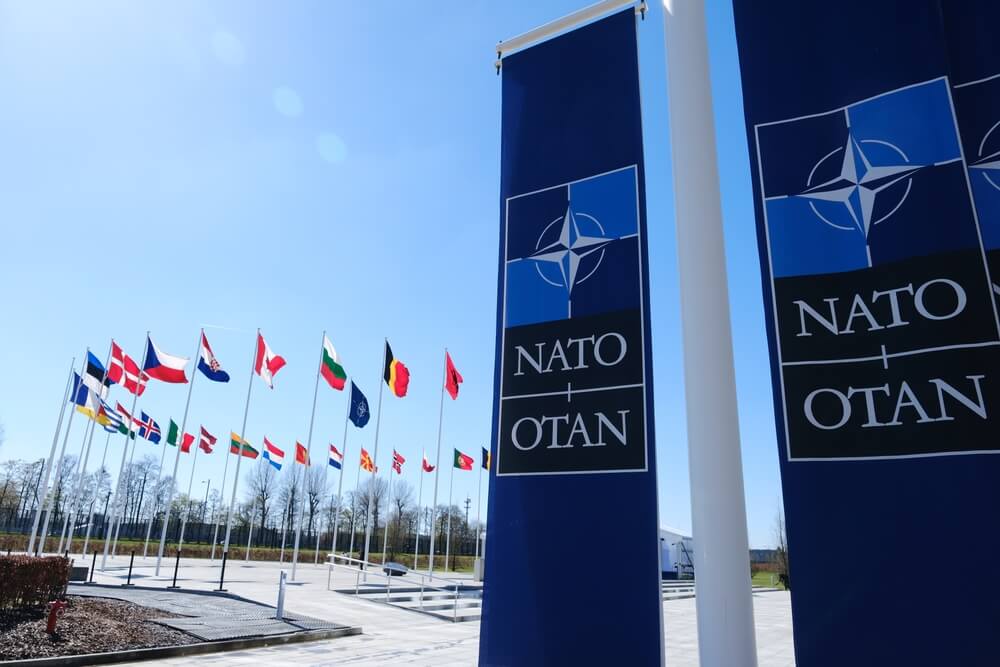
The greatest national security risk stemming from this surprising omission is before, not after, any actual hostilities with China erupt.

While the United States maintains extended deterrence commitments to South Korea and Taiwan, a pressing question looms—would the U.S. commit military forces at scale, and for as long as necessary, on both fronts?
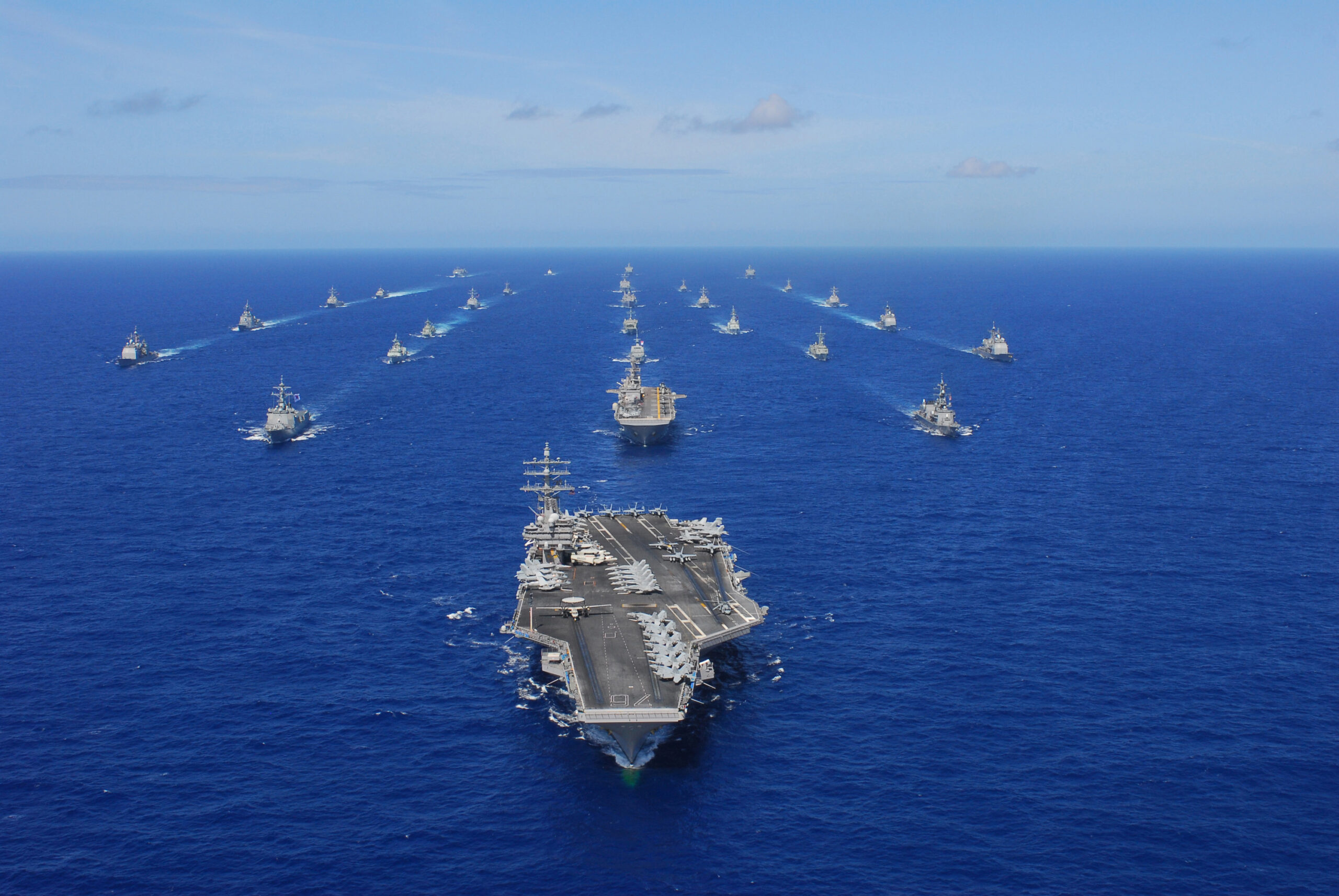
Introduction of smaller, unmanned ships as an adjunct to the existing Navy fleet solves the problem of large ships not able to distribute combat capability.
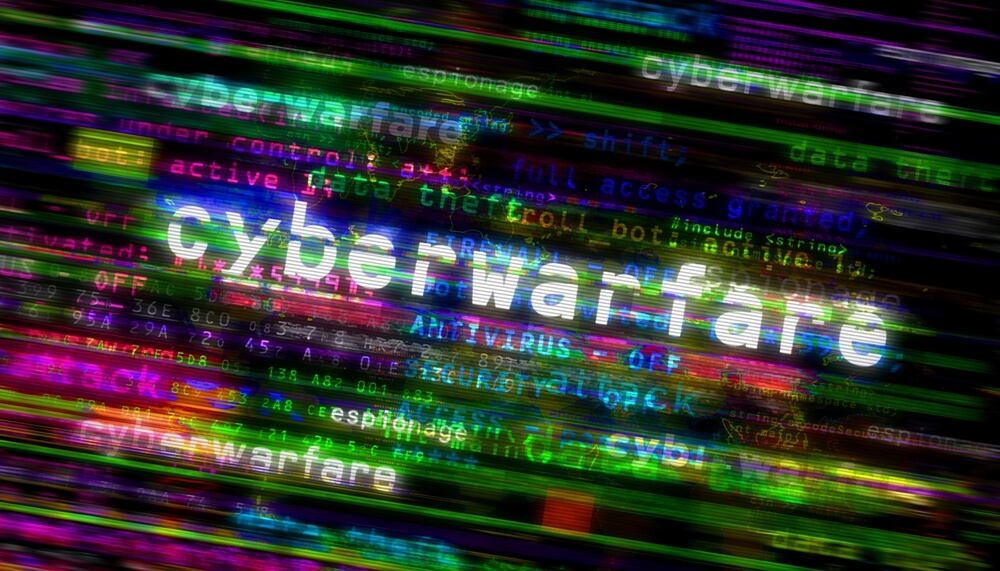
Technology now empowers us to precisely attribute the source of attacks. failing to respond is tacit acceptance of current and future attacks. We must escalate deterrence measures along with implementing cyber defenses.

The case highlights how foreign actors, shielded by legal intermediaries, can engage in economic warfare against critical U.S. industries with little to no accountability.
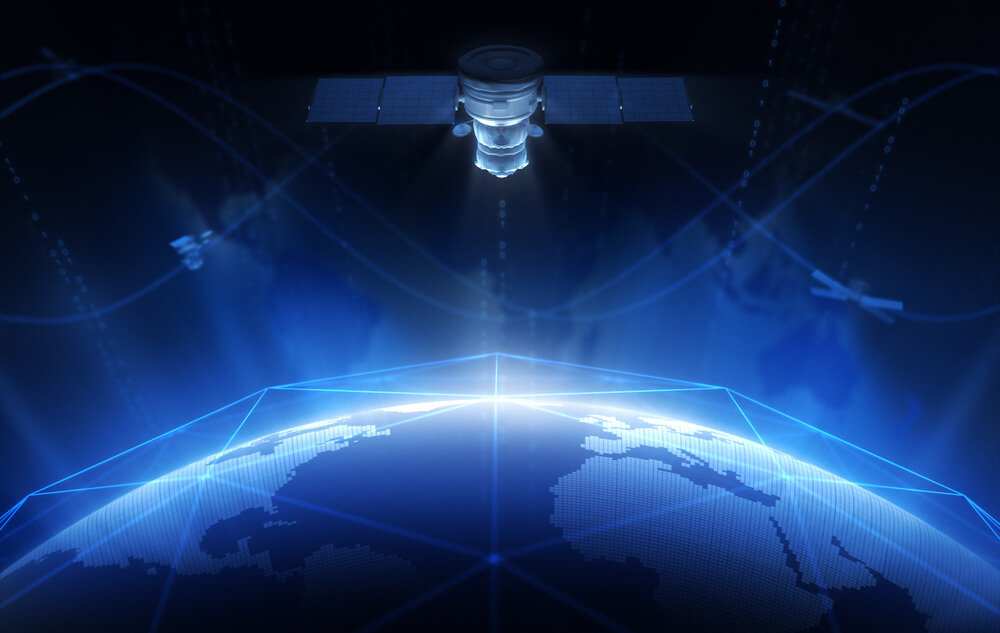
Defense technology has advanced a lot since the 1980s and offers new opportunities that the U.S. is determined to seize.

While Russia seeks Ukraine’s subjugation in Europe and the People’s Republic of China looms as a rising danger to Taiwan across the sea in the Pacific, the military dimensions of space have grown ever more important.
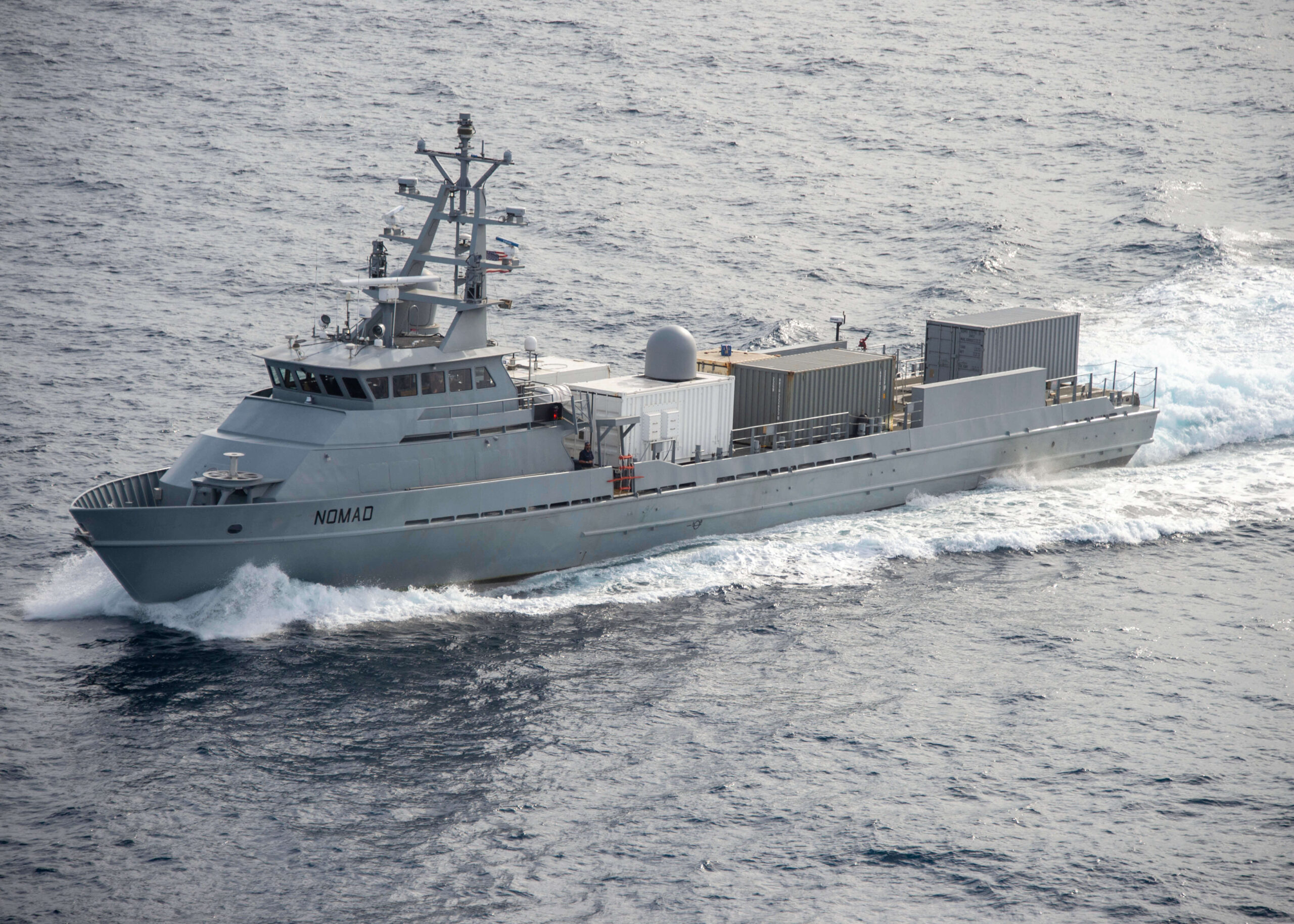
The Navy may need to produce prototypes and deploy them to combat zones like the Red Sea in order to make rapid decisions in shipbuilding acquisition.

The United States has ceded its leadership position in space-based positioning, navigation and timing, with stark ramifications for most all U.S. critical infrastructures and the U.S. military.
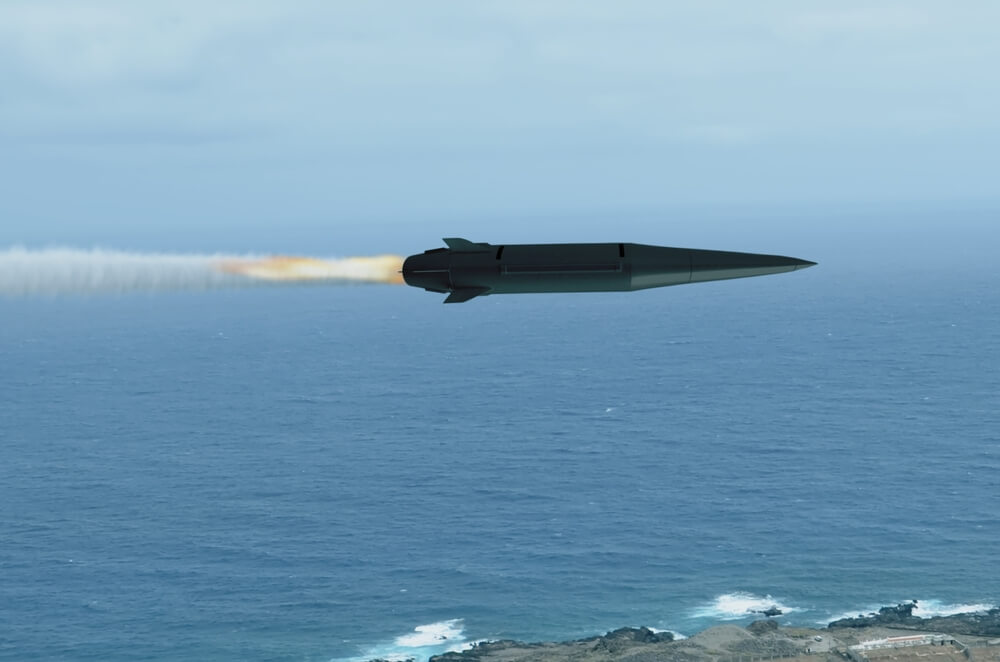
The U.S. must conduct aggressive on hypersonic and counter-hypersonic weapons, especially since adversaries have adopted precisely this mindset. A risk-averse mentality that demurs on military development will lose the United States the next war.
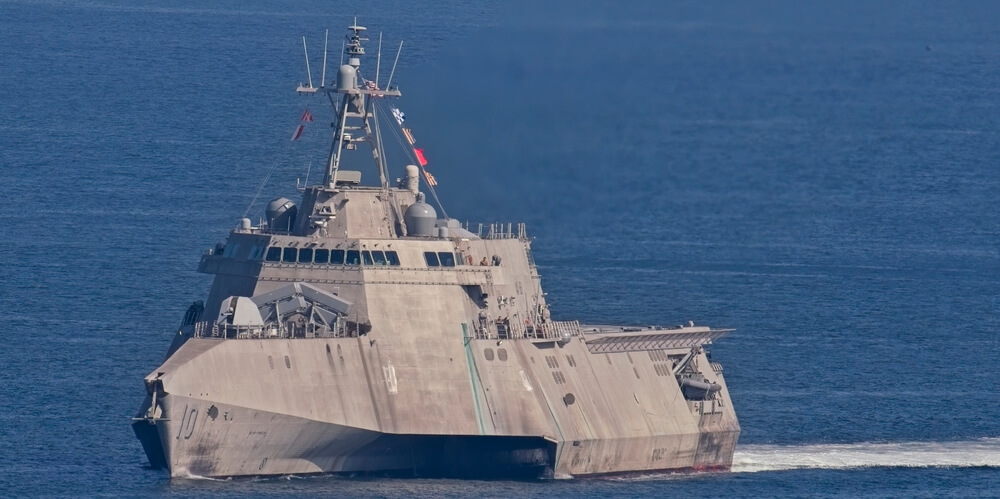
With the looming prospect of war with China in the near future, it’s time to focus on what the U.S. Navy’s Littoral Combat Ships can do for the Navy and Marine Corps.

Taiwan should speed up adoption of a “porcupine” approach to its own defense, enabling it to inflict substantial damage to any invasion force through development of asymmetrical capabilities.